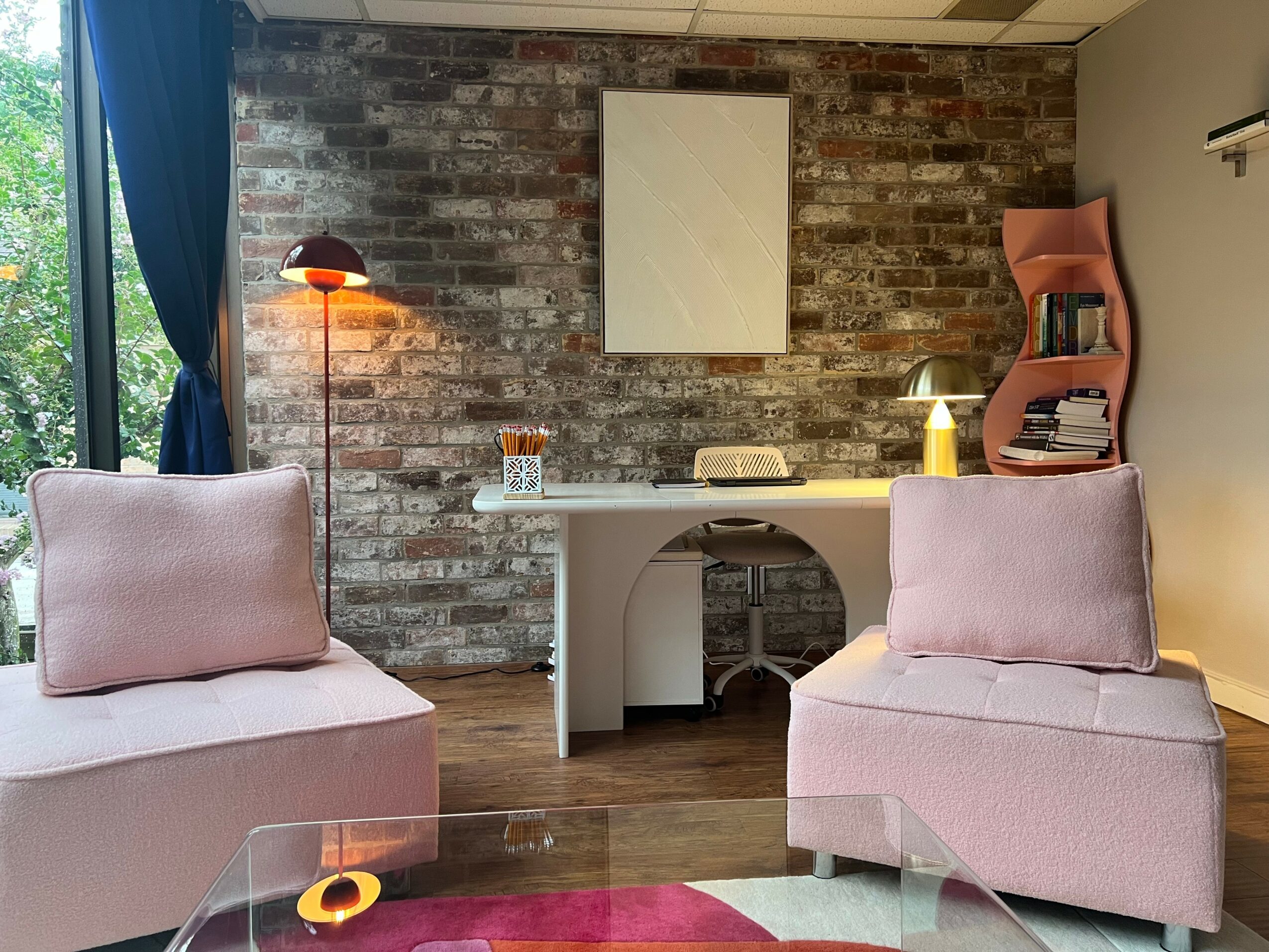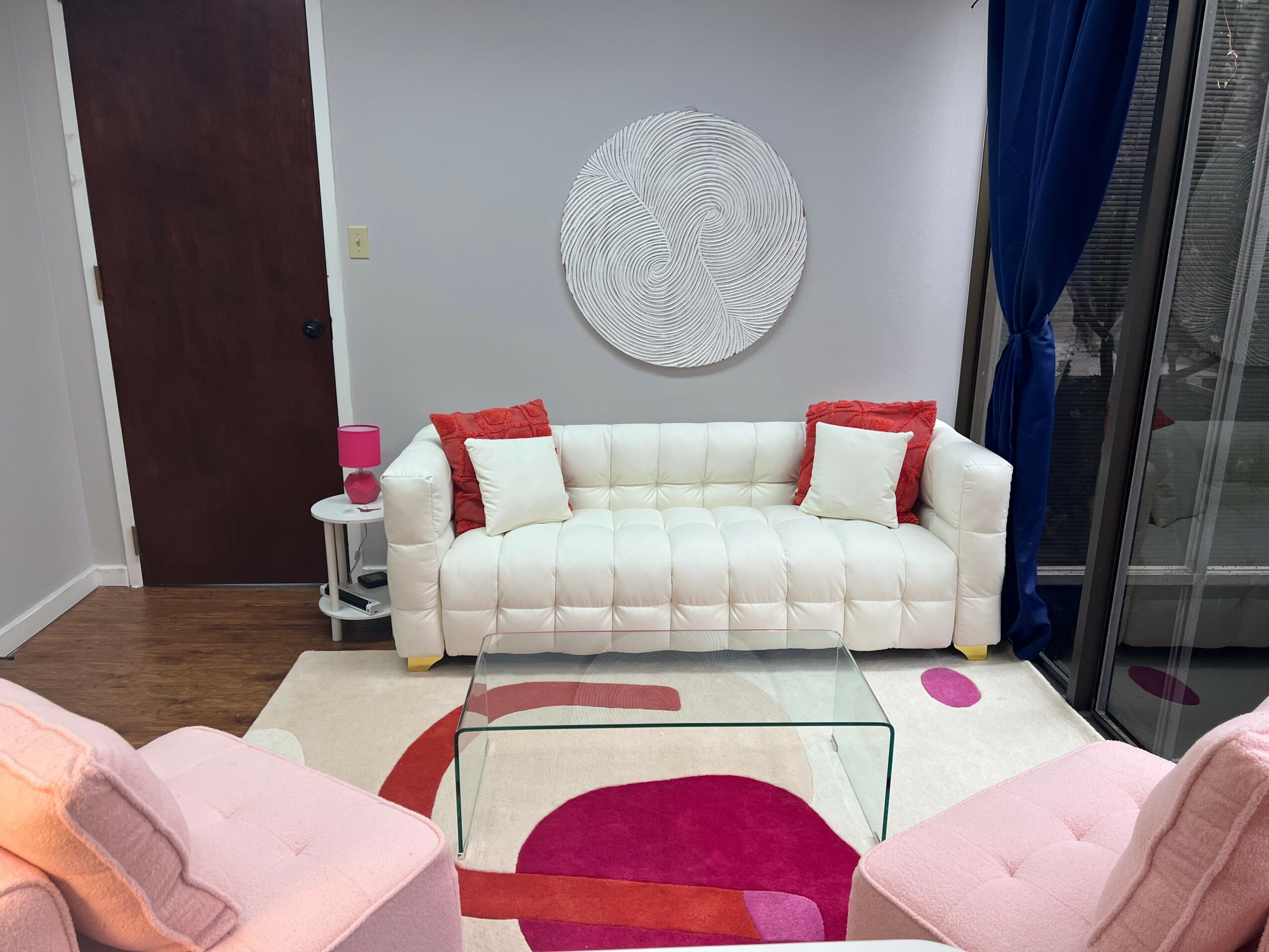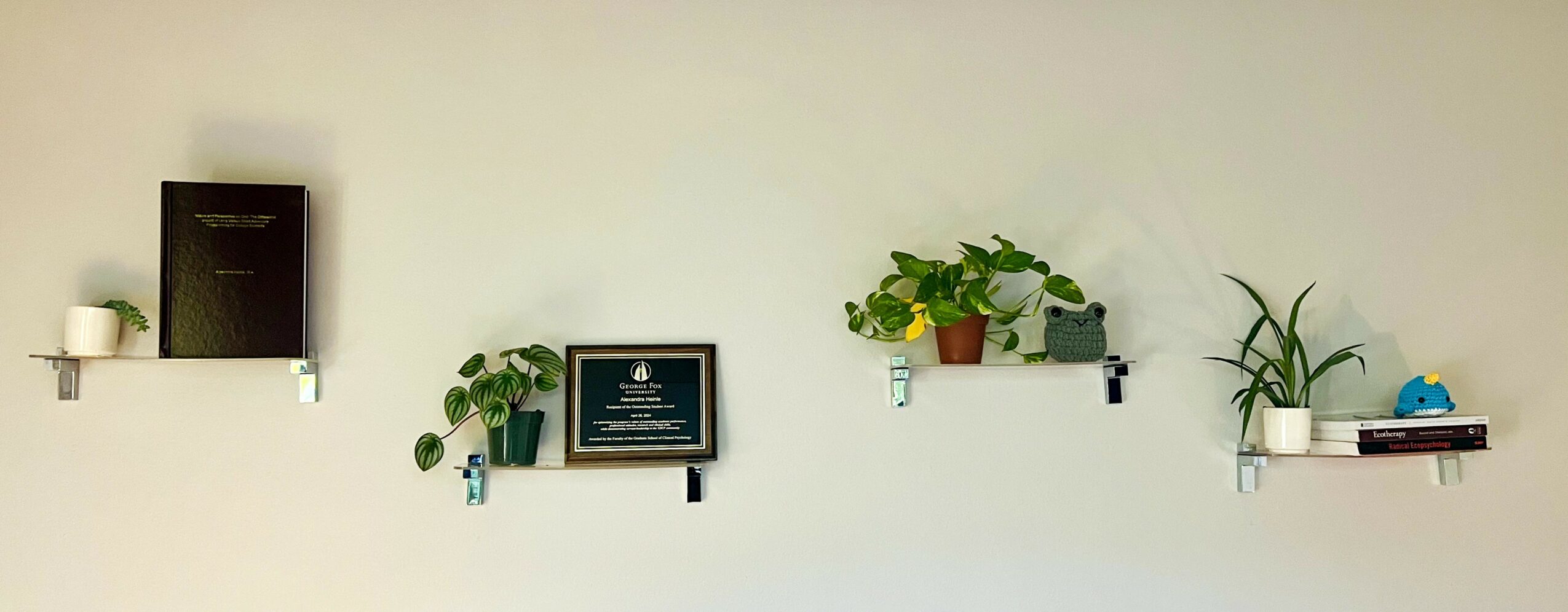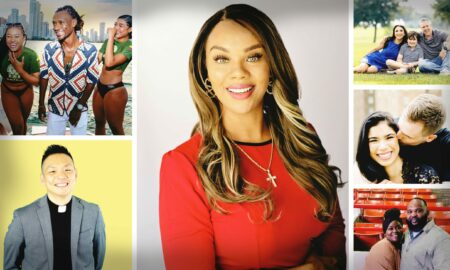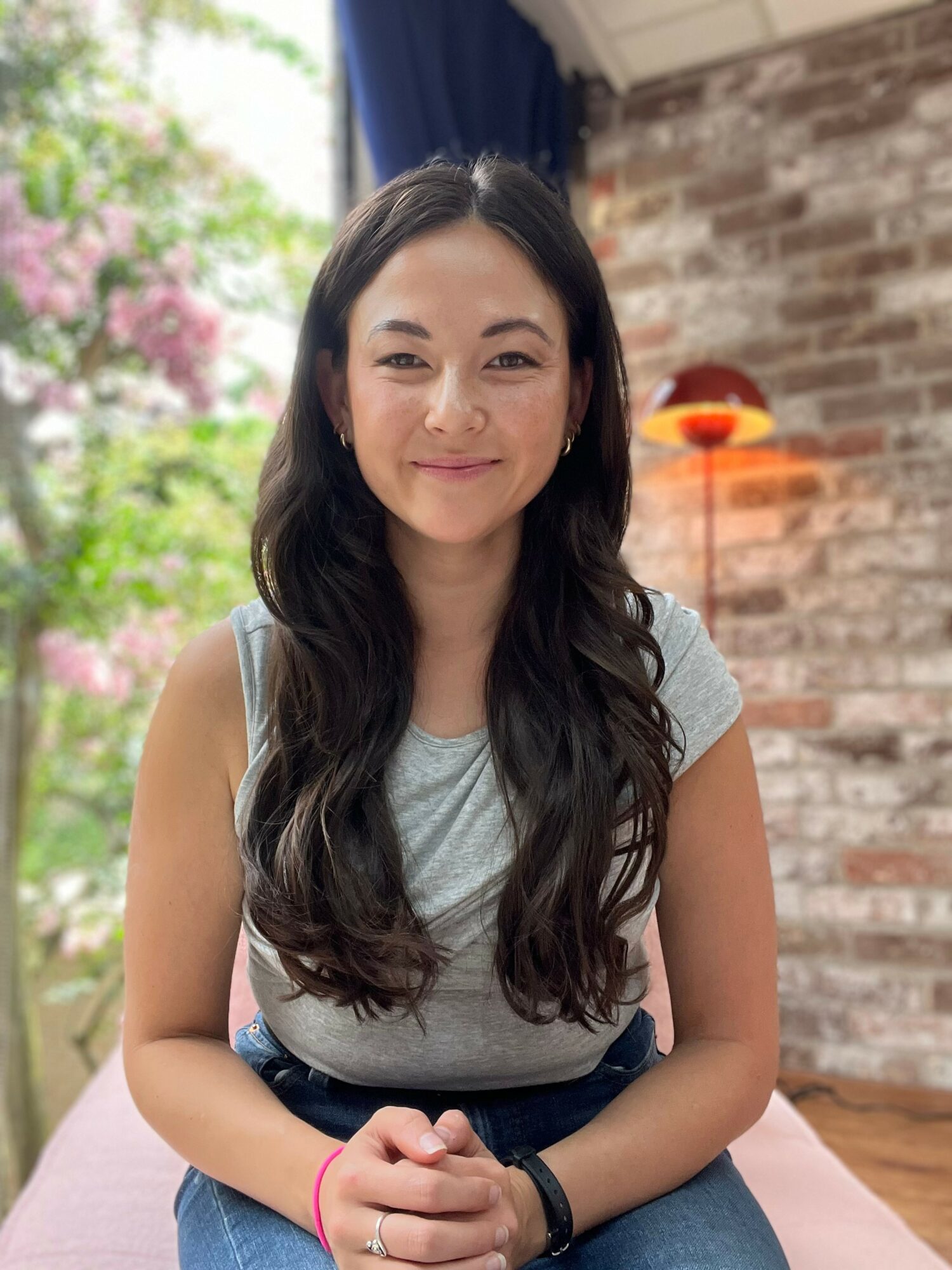

Today we’d like to introduce you to Alexandra Heinle.
Hi Alexandra, can you start by introducing yourself? We’d love to learn more about how you got to where you are today?
I remember having a desire to form connections with others from a young age, a longing that initially stemmed from my multiracial background. As someone who is half Korean and half White, and who was raised with the implicit cultural elements of both, I often looked for people around me that I could relate to. Like many children, I sought familiarity in my surroundings. I remember finding people who looked like me and asking them bluntly about their background and context. (Keep in mind, I was between the ages of 5 and 10… I wouldn’t be so forward as an adult!)
On the surface, it may have looked like I was asking invasive questions to random people, but in truth, I was really asking: “Can you understand me?” “Am I alone in these experiences?” “Will you like me?” Because of these early experiences, I came to understand that others might have unique life circumstances that shaped their development, and that they also carried similar desires for acceptance. This realization sparked a natural curiosity in me and a deep desire to connect with others in meaningful ways.
That same curiosity continued to shape my path, often showing up in unexpected places. Later on, almost by accident, it found its way into my everyday life when I became a bus driver for my undergraduate institution simply because it allowed me to meet new people and learn about their lives. On any given day, passengers were going through different life events of varying magnitudes such as breakups, grocery runs, and forming new friendships. Many passengers ended up striking up conversations with me… perhaps because talking to a stranger felt easy at that moment. There’s a certain safety in opening up to someone you’ll likely never see again. Through that experience, I discovered how powerful the simple act of listening could be. It seemed to make people feel less alone and reminded them that their thoughts mattered.
Somewhere along the way, while earning my undergraduate degrees in psychology and sociology, I realized that I could build a full-time vocation around connection and the curiosity and care I had cultivated outside the formal world of psychology. So, I committed myself to pursuing a career rooted in creating safe, empathetic spaces for others. In time, I earned my doctorate in clinical psychology and became a psychologist. Today, my clinical style is guided by a client-centered, non-judgmental, and culturally aware approach. My work lives at the intersection of connection, identity, and growth.
Can you talk to us a bit about the challenges and lessons you’ve learned along the way. Looking back would you say it’s been easy or smooth in retrospect?
When people consider the long journey to becoming a psychologist, they often assume the most difficult part is the years of education and research it takes to become established. That’s what I believed, too, before starting graduate school.
However, I quickly discovered that the greatest challenge wasn’t academic, but rather, it was learning how to hold the deep and sometimes painful stories I would hear. My undergraduate institution was small and felt like a protected bubble. Entering graduate school and stepping into therapeutic spaces introduced me to the rawness of human experience in a way I hadn’t encountered before, especially when walking alongside clients facing pain, uncertainty, or seemingly hopeless circumstances. At first, it was a lot to carry. I was encountering so many new realities at once, and it took time to find my footing.
Even as I became more accustomed to the depth and weight of the stories shared with me, I had to learn how to honor them with respect and compassion, without taking them home. In the beginning, there were nights when I felt overwhelmed, worried, or unsure if I was truly helping. But gradually, my mindset began to shift. I realized that simply showing up with care and consistency was meaningful and even small moments of connection could matter deeply to people.
With time, I found my rhythm: balancing empathy with boundaries, and learning to trust both my clients and the therapeutic process, even when progress felt slow or nonlinear. I learned that healing often takes place in quiet ways….through being witnessed, understood, and supported without judgment. That trust, and the ability to hold space without becoming consumed, became one of the most meaningful and hopeful skills I developed on my path to becoming a psychologist.
As you know, we’re big fans of Blue Hour Psychological Services, LLC. For our readers who might not be as familiar what can you tell them about the brand?
I graduated with a Doctorate in Clinical Psychology from George Fox University School of Clinical Psychology in 2024. After completing my postdoctoral fellowship, I recently opened my private practice: Blue Hour Psychological Services, LLC. It has been a rewarding experience to invest in something that fully reflects my clinical values and interests.
I offer a variety of services. One is ecotherapy, which incorporates the outdoor world and nature-based modalities to support the therapeutic process. I also provide individual and couples therapy. While I work with a wide range of presenting concerns, my clinical specialty is working with survivors of trauma, focusing on empowering clients after experiences that may have left them feeling hopeless.
In addition to therapy, I offer cognitive and personality assessments to provide diagnostic clarification for concerns such as personality disorders, ADHD, and learning disabilities.
One of my core clinical values is accessibility in mental healthcare. As someone working within the system, I’ve had a front-row seat to how critical services can often be cost-prohibitive for people who need them most. To help address this, I operate on a sliding scale payment system, where clients pay per session based on their income level and financial ability. I also offer deferred payment plans for those who need additional flexibility.
What matters most to you?
What matters most to me in this vocation is connection, compassion, and accessibility, especially for those who feel as though they live life on the margins. I understand firsthand how deeply people long to be heard and understood, and how healing it can be to realize you are not alone in your experiences.
Engaging in meaningful work on its own is not my sole priority as I’m also deeply committed to doing meaningful work that is also accessible. Mental healthcare should not be a luxury, and I am dedicated to ensuring that as many people as possible have the opportunity to experience the healing they deserve.
Contact Info:
- Website: https://www.bluehourpsychology.com/
